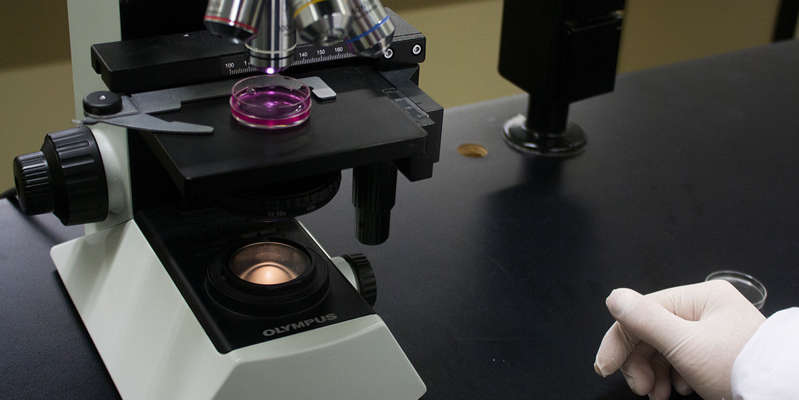Japanese scientists have found protein responsible for sperm motility
Japanese scientists from Osaka University have found the protein responsible for sperm motility – SPATA33. The researchers believe the discovery could be an excellent platform for the development of male oral contraceptives. The work was published in the journal Proceedings of the National Academy of Sciences .
According to the researchers, the so-called calcineurin plays an important role in the regulation of sperm motility. It is a calcium dependent enzyme. After the introduction of its inhibitors to male mice, the rodents developed infertility for a short time. However, calcineurin plays an important role in maintaining immunity. In this regard, scientists are faced with the task of revealing the secret of the mechanism that regulates the activity of the enzyme directly in the sperm.
Scientists have focused their attention on the nucleotide sequence, which is often found in proteins that bind to calcineurin. Scientists have isolated eight proteins with this motif out of about 20 thousand proteins in mice, which were expressed in the testes. Using the CRISPR / Cas9 genome editing system, the researchers turned off the expression of genes encoding three previously unexplored proteins in some mice. The mice with the “turned off” protein SPATA33 showed decreased sperm motility and other disorders similar to those of their counterparts with “turned off” calcineurin.
So it turned out that SPATA33 regulates the localization of calcineurin. When it was turned off, the enzyme could not find its place in the tail of the sperm, which caused insufficient mobility of the latter.
Previously, scientists at Stockholm University conducted a study and came to the conclusion that eggs transmit certain chemical signals to sperm. To do this, they produce chemoattractants. The peculiarity of these signals is to attract sperm, which react differently to the fluid surrounding the egg. It turned out that they actively strive for some, and ignore some. This means that the eggs selectively attract sperm to themselves.

